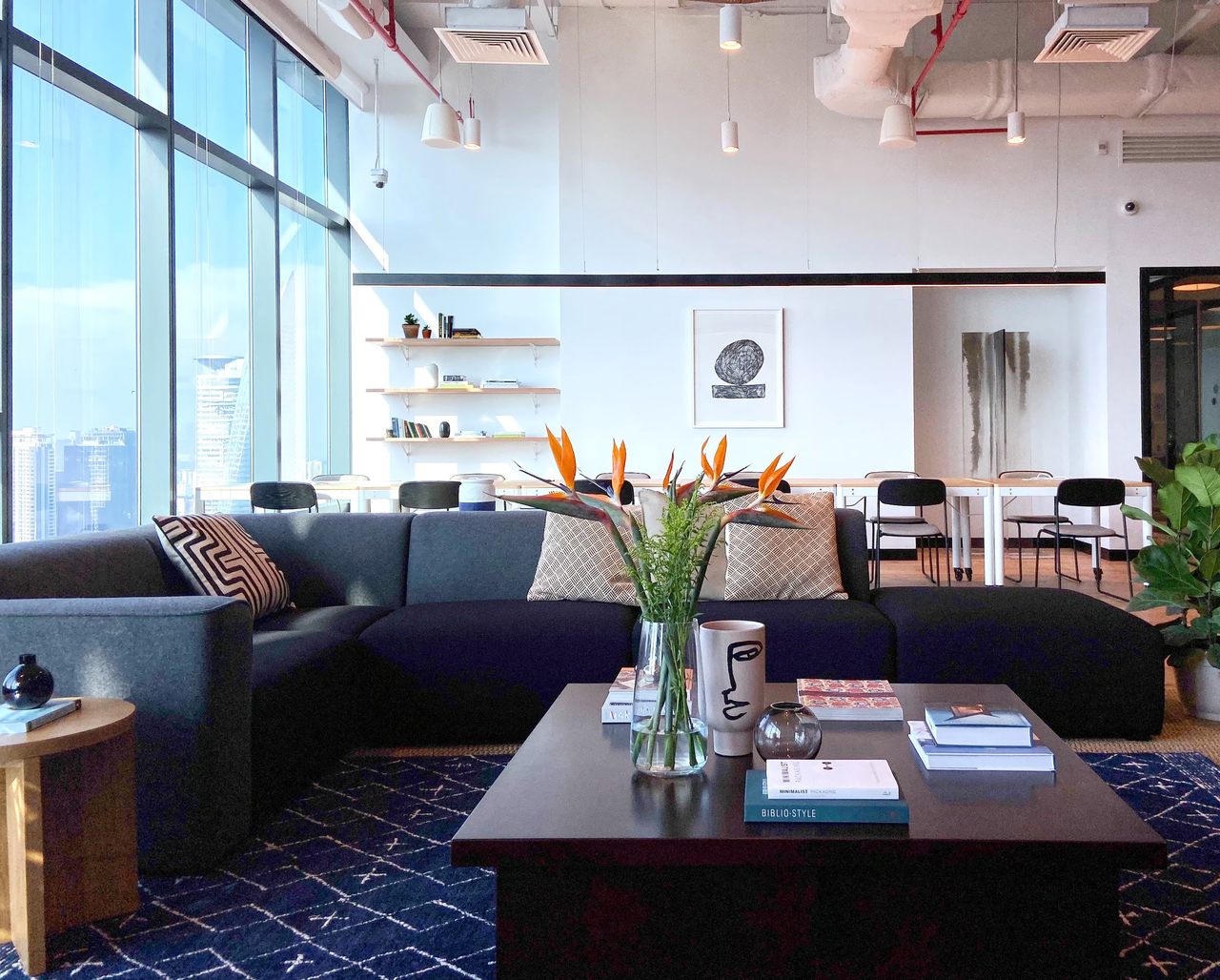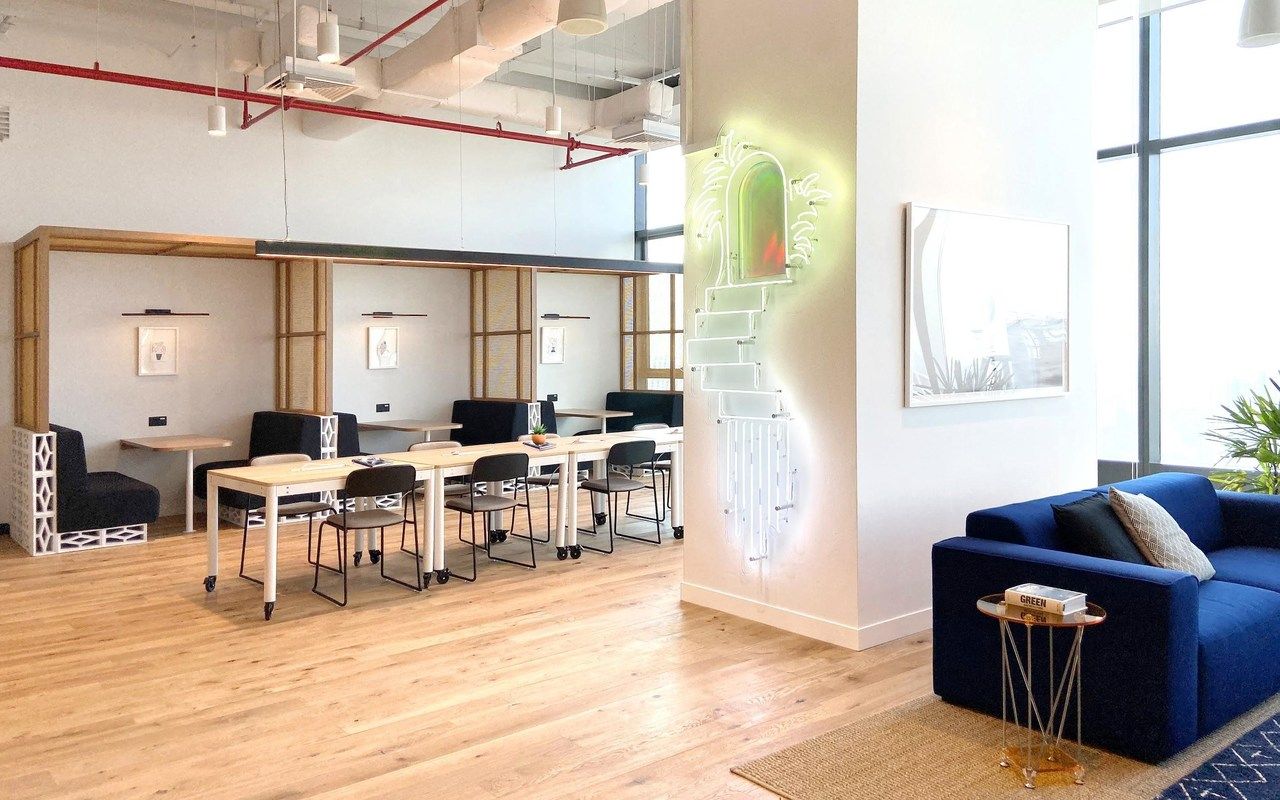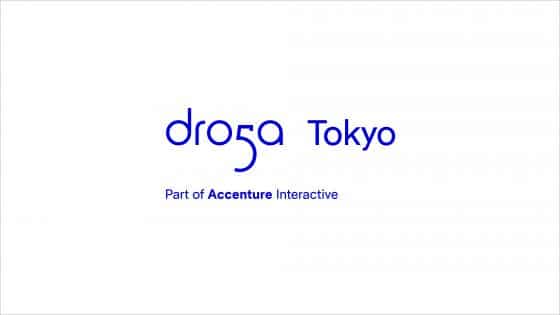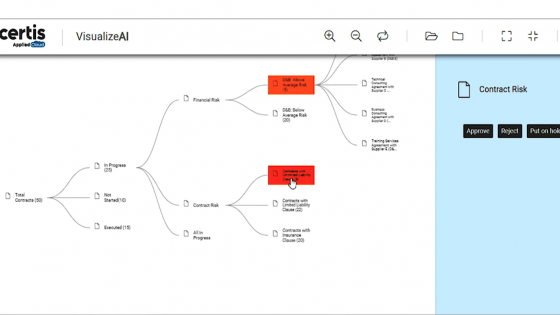WeWork, the world’s leading space-as-a-service platform, has continued to track growth in Malaysia as its members increased by close to 15% from March to July 2020.
Significantly, WeWork Malaysia also tracked more than 30% growth in its enterprise members across sectors such as oil & gas, financial services, marketing and advertising, government and technology. These enterprises include the likes of PETRONAS New Energy, Tenaga Nasional Berhad, StashAway, Panduit, Respond.io and Trapo just to name a few.
The enterprise segment has been a growth driver for WeWork. Across Southeast Asia, WeWork has seen more than 20% increase in enterprise members. With Malaysia in its Recovery Movement Control Order (RMCO) phase, more companies are evaluating their workspace commitment and leaning towards co-working spaces in favour of more flexible, cost efficient and scalable solutions as they look to recover and advance from the pandemic’s impact.
This outlook is further supported by a recent report commissioned by WeWork and published by IDC. The report, Future of Work: Coworking for Enterprises (A Southeast Asian Perspective), examined how global enterprises around the Southeast Asian region perceive workspaces and how this might shift workspace policies in the future.
Notably, companies are embracing new ways to create work environments that facilitate collaboration, cross-learning opportunities, and future-proof their operations. IDC reports that 93% of global enterprises have recognised the need to adapt their workspaces to align with the younger generation’s expectations, emphasizing that co-working spaces have evolved beyond conventional norms for startups and individual entrepreneurs alone.
IDC predicts that by 2021, 60% of Global 2000 companies will have adopted a future-workspace model that is flexible and intelligent with a collaborative virtual/physical work environment.
Malaysia: High consideration for transitioning to co-working model
Kuala Lumpur was one of the six capital cities surveyed for IDC’s report, with results showing that a vibrant start-up and entrepreneurial culture as well as strong government support are among the drivers of the co-working model in Malaysia.
Overall, 20% of Malaysian organisations have adopted co-working (compared to the 17% average across Southeast Asia), while 53% have plans to do so in the next 1-3 years. Companies which have made this transition have moved their innovation, sales and marketing departments to name a few into co-working spaces, and have seen success from the collaborative environment.
With conservative growth reflected amidst the pandemic, there is greater emphasis on companies to reinvent themselves to be more resilient by adapting agile operational models. The current climate has also shown the importance for businesses to be prepared with scalable and flexible space solutions to address their operational and regulatory needs in a timely manner. These will be strong indicators for more companies to integrate co-working spaces for achieving greater operational efficiency.

Driving demand through meeting enterprise needs
IDC reports that amenities and building space and quality were among factors considered by enterprises choosing a co-working space provider. This also comes about as enterprises are shifting their approach to co-working, taking into account the need to future-proof their business. Enterprises are prioritising flexibility, operational efficiency and the ability to scale up or down to their current and potential needs, with those in essential or regulated sectors also placing greater emphasis on business continuity planning (BCP).
Followed by remote working widely adopted as a necessity during MCO, industry sentiment also pointed to how the workspace remains an integral part of employee integration and experience to drive productivity, motivation and connection. With companies scaling back their operations, it is apparent that companies are starting to adapt to this new normal of workspace with a focus on flexibility, trust, and wellbeing.
Having enhanced its spaces with professional distancing, increased sanitization and behavourial signages in preparation for a new work environment, WeWork is well-placed to support new and existing members to transition back to work.

Ray Tan, WeWork Head of Growth, Southeast Asia and Korea said, “COVID-19 has highlighted greater emphasis on addressing new workspace realities. We are seeing companies recalibrating their traditional real estate portfolio based on their operational needs. This is where we are able to empower them with hybrid flexible workspace arrangements from a hub-and-spoke model to a phased workforce approach. As we enhance our spaces and services, we remain committed as a workspace partner to help tackle potential opportunities and challenges ahead.”
In Kuala Lumpur, its WeWork Mercu 2 location has seen rapid growth in enterprise members since its opening in end-2019. Meanwhile, the WeWork Equatorial Plaza location continues to be a key support for companies in essential sectors such as oil & gas, financial services and more with the ability to connect with WeWork’s community ecosystem.
One such company is digital wealth management platform, StashAway, which chose to grow with WeWork when it entered the Malaysian market in 2019. StashAway was among the first of WeWork Malaysia’s members to transition back to their workspace following the MCO and has plans to continue growing with WeWork regionally as it expands to Thailand.
Wong Wai Ken, StashAway Malaysia Country Head said, “Having been with WeWork for close to two years, we have enjoyed a positive member experience from the beginning. As a high-growth company, we appreciate their flexible pricing,scalability offerings, and support of our office layout to ensure high levels of privacy and security StashAway requires. As a financial services provider, we also need to have a business continuity strategy in place as part of regulatory requirements. WeWork has been a great partner in providing us the ease of BCP solutions, enabling us to easily pivot during the MCO period. With the dynamic experiences that WeWork was able to create for our employees, we have also seen an increase in productivity, motivation and engagement since the start of our partnership.”
As Malaysia and the Southeast Asian region continues to work towards recovery, companies need to acknowledge that there are new realities for enterprises which have taken shape in the new normal. Space-as-a-service will play a significant role in developing the new work order in the long term, as companies embrace new strategies to ensure they are prepared for disruptions in the future.
While the landscape continues to evolve and new needs have come about due to the pandemic, IDC’s report shows that there is a positive outlook for the sector, with Malaysia in particular representing high potential for further demand growth in the future.
Do you have an article, infographic, podcast, presentation slides, press release or a key individual from your organisation that you'd like to highlight on Marketing In Asia? Head on over to Upload Your Content for more info.



















